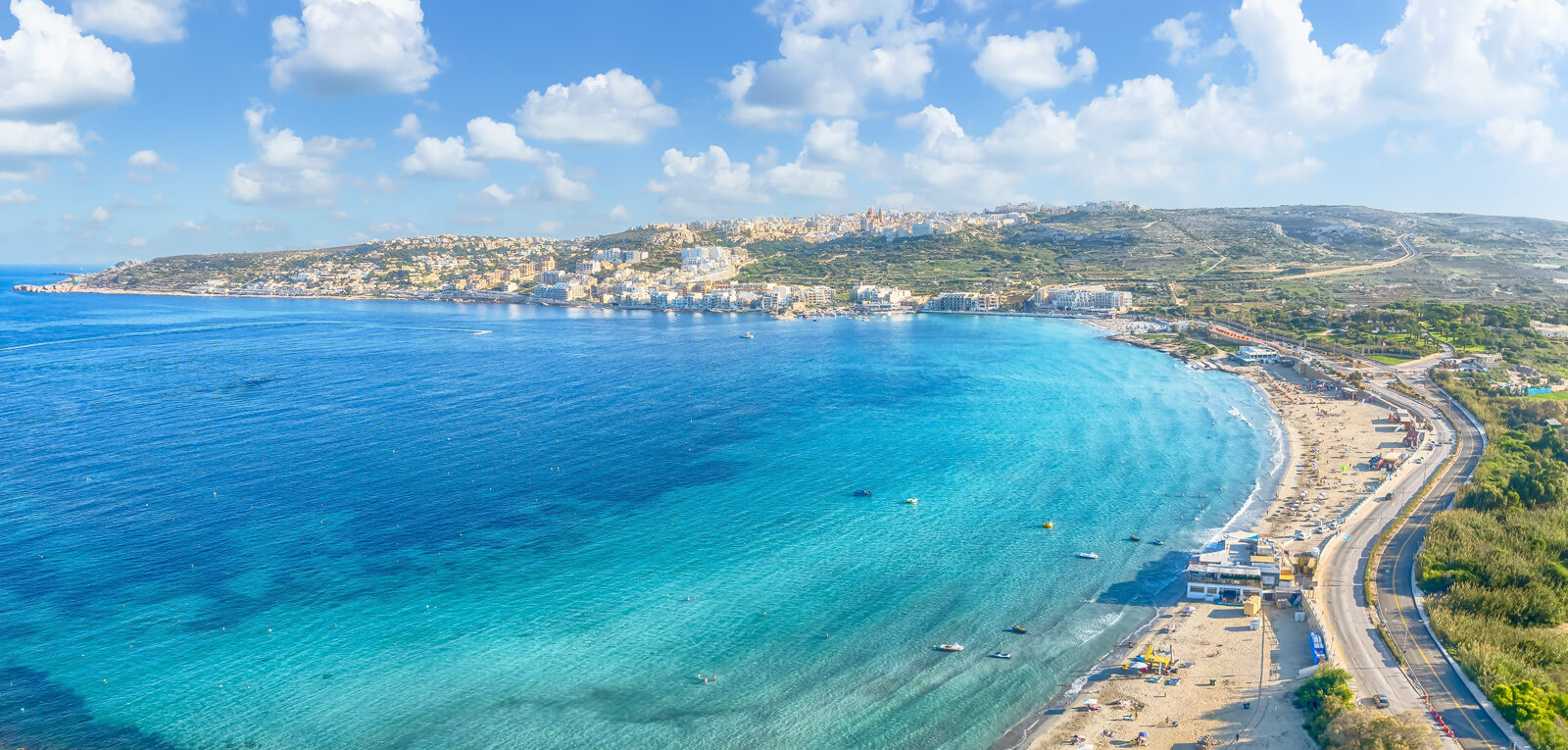Obtaining Regular Residency
Individuals may wish to become resident in Malta to take advantage of its relatively low personal income tax rates, the extensive network of double taxation agreements and the absence of any form of inheritance and wealth taxes.
EU, EEA and Swiss nationals can apply for residency after three months living in the country, when living or working there, or by presenting evidence of their self-sufficiency, without actual means testing. They must also have a Maltese address.
For third-country nationals, the requirements are a bit more complex, requiring employment, self-employment, or a shareholding in a Maltese company. In the case of the latter two, residence is conditional on, among others, a significant capital investment, a proven innovative outlook, and an intention to employ local or European employees, or engagement in a Malta Enterprise-approved project.

Tax residency is obtained once an individual’s stay in Malta exceeds 183 days. Foreigners who are resident but not domiciled in Malta are not taxed on their worldwide income, but only on income generated in the country and foreign income remitted to Malta. Foreign capital gains are not taxed, even if remitted to Malta.
Residents are subject to the same income tax rates as locals, from 0 to 35 per cent depending on the income band. Anyone earning over €35,000 in a year from foreign sources and not remitting it to Malta is subject to a minimum tax of €5,000.
More information on the eligibility criteria can be found at the Expatriates Unit page on the Identità website, while detailed tax information can be found at the Tax Residence page on the Commissioner for Revenue website.
















